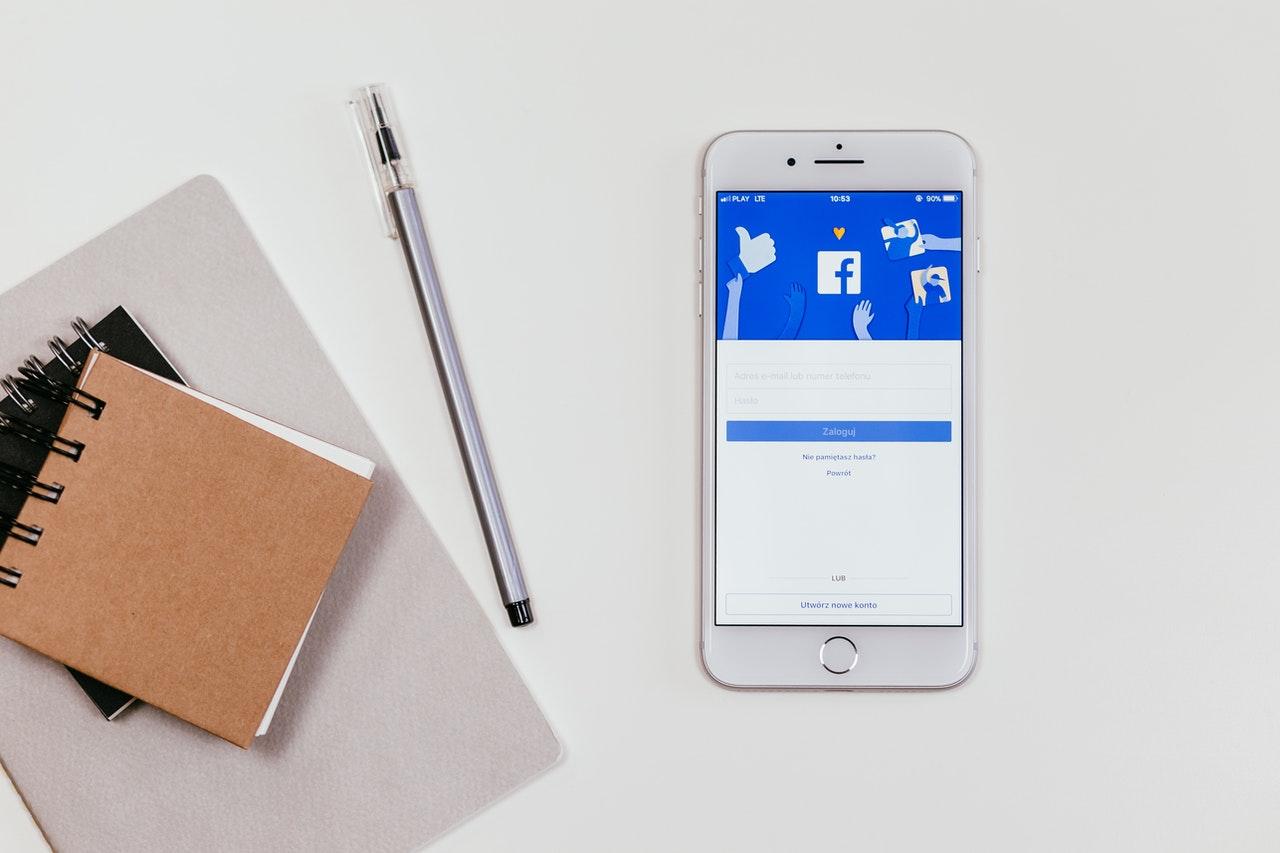Recently, I was perusing my Facebook news feed when I saw something strange that was written to my son’s wall.
Yes, I’m friends on Facebook with both my son and daughter, who turned me on to social networking by the way. I insist on it. Haven’t you friended your kids on Facebook? More on that later.
At any rate, the strange post came from one of his high school teachers and it said something to the effect, “I saw you in this video…” This looked suspicious to me, not unlike the Facebook virus attacks that have been reported recently.
Since my son’s teachers are not the kind of people who would post strange stuff like this to any adult’s wall, let alone a student’s, I figured this teacher’s account had been hacked.
When I checked with him via email, he confirmed that this had indeed happened. Apparently he had clicked on a link in an email sent to him that purportedly came from Facebook, which took him to a phishing site that stole his login credentials. You all know what the moral if this part of the story is so I won’t belabor the point.
The hackers had also changed the teacher’s Facebook password so when he tried to use his account he was locked out. At this point he assumed that Facebook had shut his account down and that was that. I informed him that I could still see his photos and other published info, meaning his account was still active.
Procedure for Getting Your Facebook Account Back
I advised him to use the means that Facebook provides to reset passwords to hack his account back. The procedure for this is simple:
- Go to Facebook then click on “Forgot your password”.
- Enter the email address or account name you use to login in the “Identify Your Account” screen then click on “Search”.
- Enter the letters you see in the “Security” screen that pops up then click “Submit”.
- Click on “Reset Password” in the “Reset Your Password” screen.
- Facebook will then send you an activation code to the email address for your account.
- Enter this code in the “Please check your emails and text messages” screen then click on “Submit Code”.
- Enter a new password and confirming password in the “Enter New Password” screen then click on “Change Password”.
- Click on “Save and Continue” in the “Update Security Settings” screen.
At this point, the teacher had his account back. The hacker probably won’t use this same procedure to steal the account again since it requires steps that cannot easily be automated, like step 3 where you have to enter text you see in a “CAPTCHA” screen. Besides, the hacker used a phishing attack to get the login credentials in the first place. So when your Facebook account is hijacked (or you just forget your password), you can use the tools Facebook gives you to get your account back under your control.
Now, back to friending your kids on Facebook. What your kids do on Facebook can create embarrassment and trouble for themselves and you. To avoid these potential hazards, it is important that you:
Why You Should Be Facebook Friends with Your Kids
Now, back to friending your kids on Facebook. What your kids do on Facebook can create embarrassment and trouble for themselves and you. To avoid these potential hazards, it is important that you:
- Educate your kids as to the dangers of going public with personal information
- Let them know what you define as appropriate social networking material (for sending and receiving)
- And also let them know you will be checking in on their Facebook activities.
By insisting that your kids add you as one of their Facebook friends, you can see what they are posting and have access to their photos and personal information to make sure they are not up to any mischief, are posting inappropriate material or are being hassled by other users.
By the way, Trend Micro has a great new tool for helping parents monitor their children on the Internet – Trend Micro Guardian for Families.
